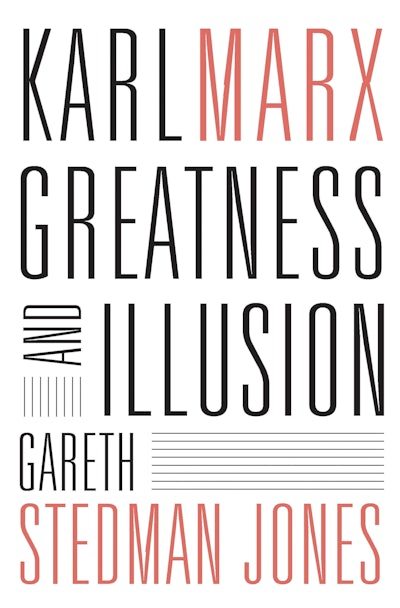In case you need any help resonating with the gravitas of these texts…..
1. Bob Marley’s “Exodus”
Marley’s lyrics like “We’re the generation…trod through great tribulation” in this classic reggae hit lend millennial readers of the Hebrew Bible some additional encouragement in a time of much political upheaval in the United States.
2. Berliner Philharmoniker-Go Down, Moses-arr. Tippet
One of the world’s most famous classical performance groups perfectly capture the pain and rapture of Moses’ trials throughout the book of Exodus and of the spirit in which the hymn was originally conceived, as an American spiritual that originated as a hymn sung amongst slaves in the American south, both before and after the abolition of slavery.
3. Soundtrack Suite to the Ten Commandments
The acclaimed score to the classic 1956 Cecil B. DeMille film interpretation of the Book of Exodus.
4. Leonard Cohen- You Want It Darker
The hit Canadian singer released this track on his 2016 album by the same title, grappling with religion, age, sex, and “one’s demons”…
5. De La Soul- Exodus
Off of the acclaimed hip-hop group’s 2016 album “And the Anonymous Nobody….”, this track makes the playlist with its lyrical rhymes and the aching sentiment that “It’s the years that we own and we’ve earned them/ see the bridges we built now are burned down…”.
6. Jeff Buckley- Hallelujah
Jeff Buckley’s heart-wrenching 1994 ballad is a play not on the force and gravitas of the books of Genesis and Exodus, but on the hidden vulnerabilities and raw pain that can be accessed through religious comparison.
7. Matisyahu- Jerusalem (Out Of Darkness Comes Light)
Mathew Paul Miller, better known by his Hebrew and stage name, Matisyahu (meaning gift from God), is a Jewish-American hip-hop artist, best known for blending themes from his Orthodox Reconstructionist Jewish background with reggae and hip-hop music.
- Hazel O’Connor-Eighth Day
Off the punk icon’s 1980 record entitled “Breaking Glass”, Hazel O’Connor offers a decidedly more punk interpretation of the Creation, in what she calls “an alternative Book of Genesis”.
- Bob Dylan- Every Grain of Sand
This quiet ballad by Dylan came in 1981, just after he was born again into Christianity, and references the Book of Genesis. Music critic Tim Riley of National Public Radio calls it “aprayer that inhabits the same intuitive zone as “Blowin’ in the Wind” – you’d swear it was a hymn passed down through the ages.”
 Interested in more Sumerian music? Then you should
Interested in more Sumerian music? Then you should








